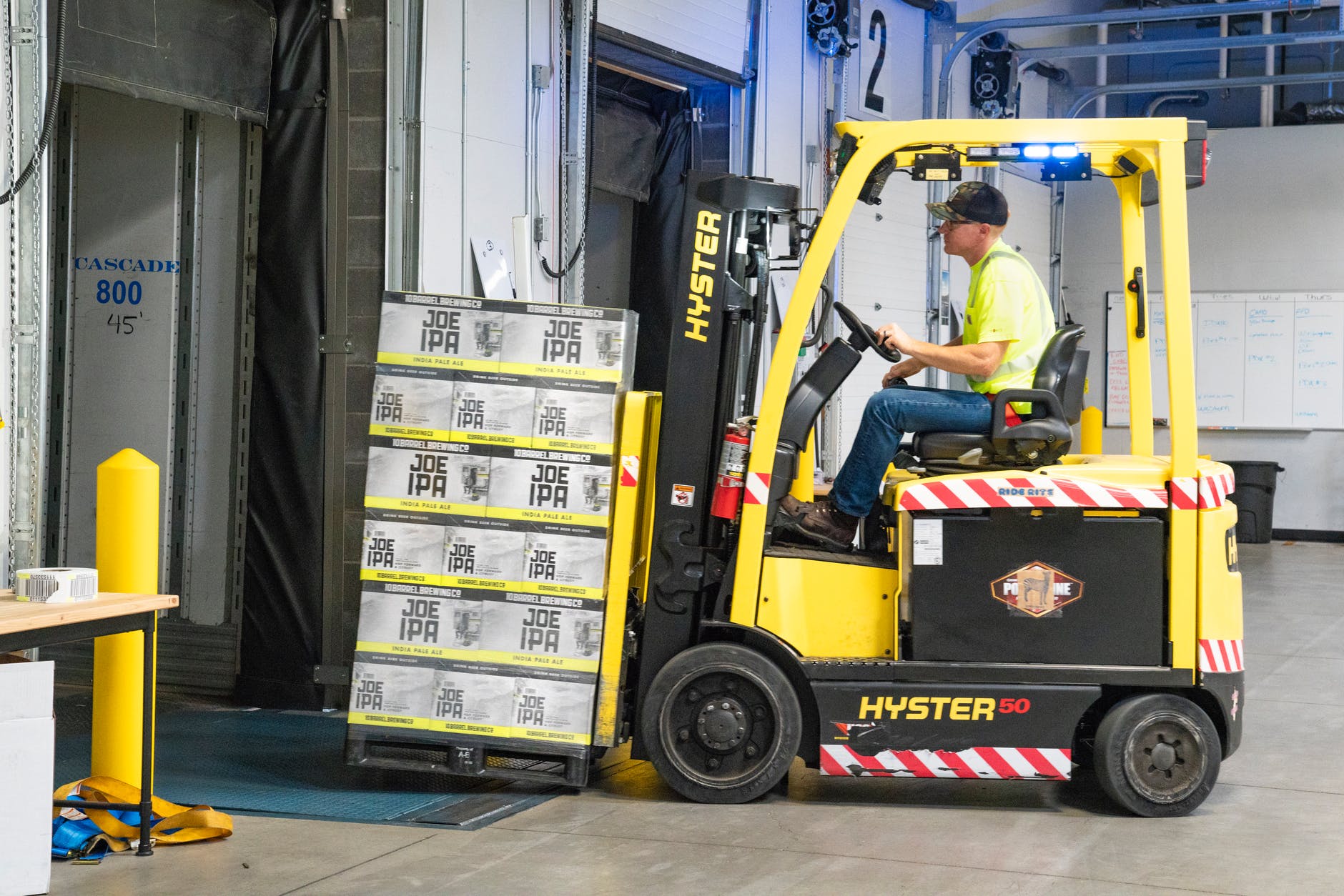How To
Tips For Finding The Perfect Manufacturer For You
 In all product industries, at the basic level there is a manufacturer. Without manufacturers all of the fancy designs of a company, all of the good ideas and all of the drummed-up business will fall flat on its face. Ironically though, finding a manufacturer is often one of the most overlooked tasks. There’s this feeling that it’s a given that something will get sorted out, that you’ll find someone who makes the parts or the items you want to then make a part of your business. And whilst it’s probably true that someone out there is making or can make what you want, actually linking your company to their product is a whole other (and more complicated) issue. So, let’s take a look at some of the things to think about when trying to track down a manufacturer that is perfect for you.
In all product industries, at the basic level there is a manufacturer. Without manufacturers all of the fancy designs of a company, all of the good ideas and all of the drummed-up business will fall flat on its face. Ironically though, finding a manufacturer is often one of the most overlooked tasks. There’s this feeling that it’s a given that something will get sorted out, that you’ll find someone who makes the parts or the items you want to then make a part of your business. And whilst it’s probably true that someone out there is making or can make what you want, actually linking your company to their product is a whole other (and more complicated) issue. So, let’s take a look at some of the things to think about when trying to track down a manufacturer that is perfect for you.
Beginning The Search
First step for any company is knowing what they want. By this, I don’t mean necessarily what they want to sell, because that’s overlooking the fact that a lot of products will be sourced in segments. So if you want to sell wooden tables, are you sourcing would and then handling the building yourself? Or do you have the wood and need silicone to go underneath each of the legs. Or are you buying the tables pre-made and selling them on in a unique way? Once you know what you want then it’s simply a task of collating all the companies that provide that product and choosing.
Domestic And Overseas
There are major advantages and disadvantages to both of these routes, some obvious, some less so. But it’s a vital decision to make and will affect everything, from pricing to employee skills. Domestic manufacturing normally entails higher quality craftsmanship and a guarantee of labor standards, faster shipping, easier payment and communication, but also a considerably higher cost and some limitations on what’s available. Overseas, the quality will usually drop, and things will be more complex, but you can save a lot in the long run.
Getting Quotes
Once you’ve found the manufacturers you are interested in, it’s time to get a quote. Ideally, you will have more than one, since you want the power and flexibility to turn down one company for the sake of better prices at another. This will have a huge impact and can require months of research and negotiations.
Manage The Minimum Order Quantity
If you’re a small business, you ought to be on the look out for this. Minimum order quantity refers to the lowest amount of product which a manufacturer will ship. Can you afford their minimum or guarantee sale of what they send you?
 Organize The Payment Terms
Organize The Payment Terms
The crucial moment in the whole transaction is getting the payment process right. It’s delicate, both sides eager to please but wary of being ripped off. If you have no history as a company, you’ll most likely pay up front the full amount. But if you have a longstanding agreement, it might be rolling payments.
Join Meta-Networks, Forums and Groups
These will help you in every area and they’re quite often overlooked. Particularly if you are a beginner, being involved with groups with other professionals sharing resources and reviews will really make your life easier. It reduces the chance that you make first time mistakes too.
Try The Manufacturer
One of the hardest things about manufacturers in the internet age is that everything is at a distance. You can read reviews, email back and forth, look at photos all you want. But it isn’t until you see the product on your table that you will know if it’s right. So, get a small sample and go from there.
Trade Shows
Trade shows are excellent resources, where manufacturers, who usually exist on the internet and not in a tangible sense, will be present. You can see what they sell and make your decision then.
Conclusion
It’s a bit of a murky world and can be quite daunting when you are starting out, but clear communication, thorough research and a willingness to look outside of the box should give you a good start when it comes to finding the best manufacturer for your company.
For more about Katrina please check PhD Kingdom & Next Coursework.









